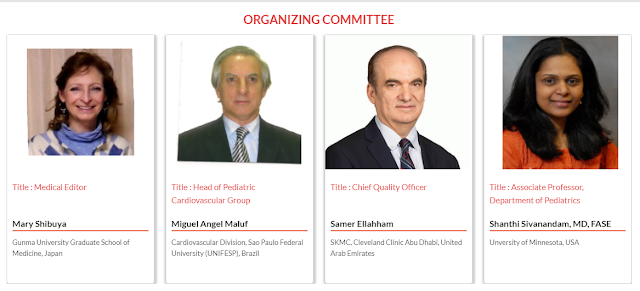Breaking Down Barriers in the Fight Against Congenital Heart Disease
Academic research has long been characterized by silos and protective instincts. A new crop of fresh-thinking physician scientists are turning that model on its head, and the results are saving little hearts. More than 1 in every 110 babies is born with some form of congenital heart disease. CHDs are the most common birth defect, in fact. Clinicians have made great strides in improving care for these children, and even individuals with severe diseases may now live well into adulthood. However, not all survive and many still experience significant complications. “As a doctor in a pediatric cardiac ICU, we know there are things we want to do better,” says Michael Gaies, M.D., a cardiac intensivist and director of quality at the Congenital Heart Center at Michigan Medicine’s C.S. Mott Children’s Hospital. “We believe we can improve care for kids recovering from heart surgery if we can better control certain parts of the post-operative journey.” The problem...
